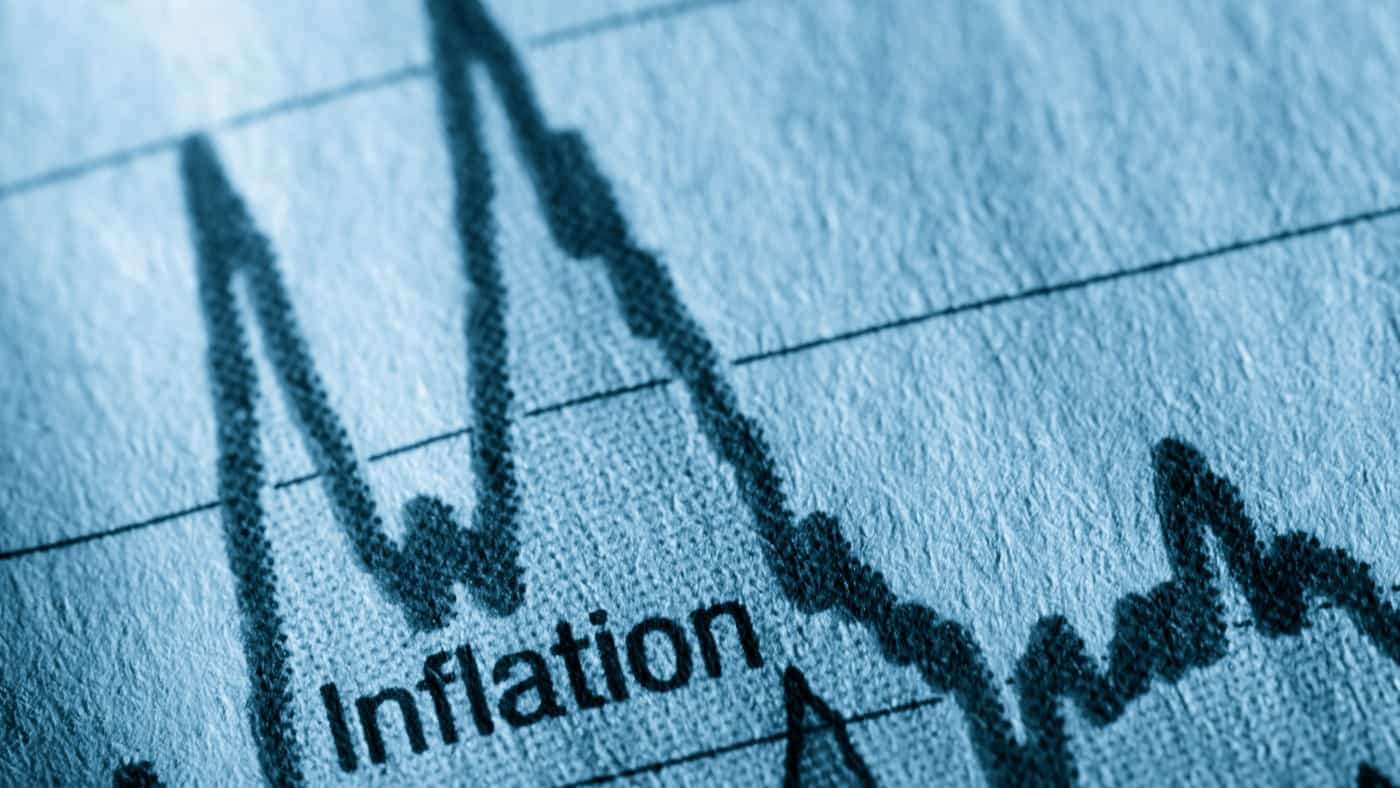Inflation in the UK is running high. According to the ONS, a typical ‘basket of goods’ now costs 5.4% more than it did a year ago. Worryingly, inflation is set to continue rising throughout the year, placing further pressure on household finances.
So, how high will inflation go in 2022? Let’s take a look.
[top_pitch]
What’s the situation with inflation right now?
The latest Consumer Prices Index (CPI) reports that inflation is running at 5.4%.
To calculate inflation, the CPI looks at price rises for a typical ‘basket of goods’. This basket is updated every year to ensure it remains relevant to consumers. For example, in 2021 the ONS added electric cars, hand hygiene gel and smartwatches to its basket.
To calculate rising costs, the ONS says it collects prices from 140 locations across the UK.
The next CPI, which will reveal the UK inflation rate for January, will be published on 16 February. It is expected the figure will be even higher than 5.4%.
Why is rising inflation bad?
Rising inflation impacts us all given that it signals an increase in the cost of living. In other words, high inflation tells us the prices of goods and services are rising at a fast pace.
There are two main reasons why high inflation is particularly bad in the current climate:
1. Savings rates are very low
While savings rates are rising, right now the highest easy access savings accounts pay just 0.75% AER interest. This is very low in historic terms and is well below the current inflation rate of 5.4%.
While you can earn more by locking away your cash in a fixed savings account, the most you can hope to earn is 2.2% AER interest. Again, this is well below inflation.
With such low savings rates on offer, if you do stash your cash into a savings account, you are effectively seeing the value of your cash decrease over time.
2. Wages aren’t rising by much
With the average worker expected to receive a pay rise of just 2.5% this year, many are unlikely to see their pay grow in line with inflation.
Put simply, if you don’t get a pay rise at least in line with inflation, you will effectively earn less than you did a year ago.
[middle_pitch]
What’s being done to combat rising prices?
While there are likely several reasons behind the UK’s soaring inflation rate, two big factors over the past year have been the Bank of England’s low base rate and its ongoing quantitative easing programme.
As a result, the Bank of England has a significant influence on the inflation rate.
Last Thursday, the BoE decided to hike interest rates from 0.25% to 0.5%. On the same day, the BoE also revealed that it would cut back on its quantitative easing programme.
While these moves will have been welcomed by those worried about inflation, there have been suggestions the bank has been too slow to act.
While further base rate rises are expected in 2022, the bank’s governor, Andrew Bailey, voted against raising rates further – to 0.75% – on Thursday.
Instead, Bailey – who is paid a salary of more than £575,000 for his expertise – suggested workers should ‘show restraint’ when asking for pay rises this year. While slower wage growth may help to curb inflation, Bailey is essentially asking workers to act against their own interests.
In other words, he is advocating that workers bear the brunt of rising prices, even though his bank’s actions have massively contributed to rising inflation over the past year!
How high will inflation go in 2022?
Despite describing the UK’s rising inflation rate as ‘temporary’ for much of last year, the BoE now expects inflation to hit 7.25% by April. If the inflation figure does get this high, it will be the highest rate since 1991.
However, the bank suggests that 7.25% will be peak inflation, with price rises ‘falling back’ towards the end of the year.
The BoE previously predicted inflation would hit 6% in December, before revising this to 7% earlier this year. Its latest 7.25% forecast was revealed last week.
The bank’s Monetary Policy Committee says this updated prediction “mainly reflects global energy and tradable goods prices”, both of which have risen over the past few months.
Are you keen to learn more about rising inflation? See our article on UK inflation rate statistics for 2021.







